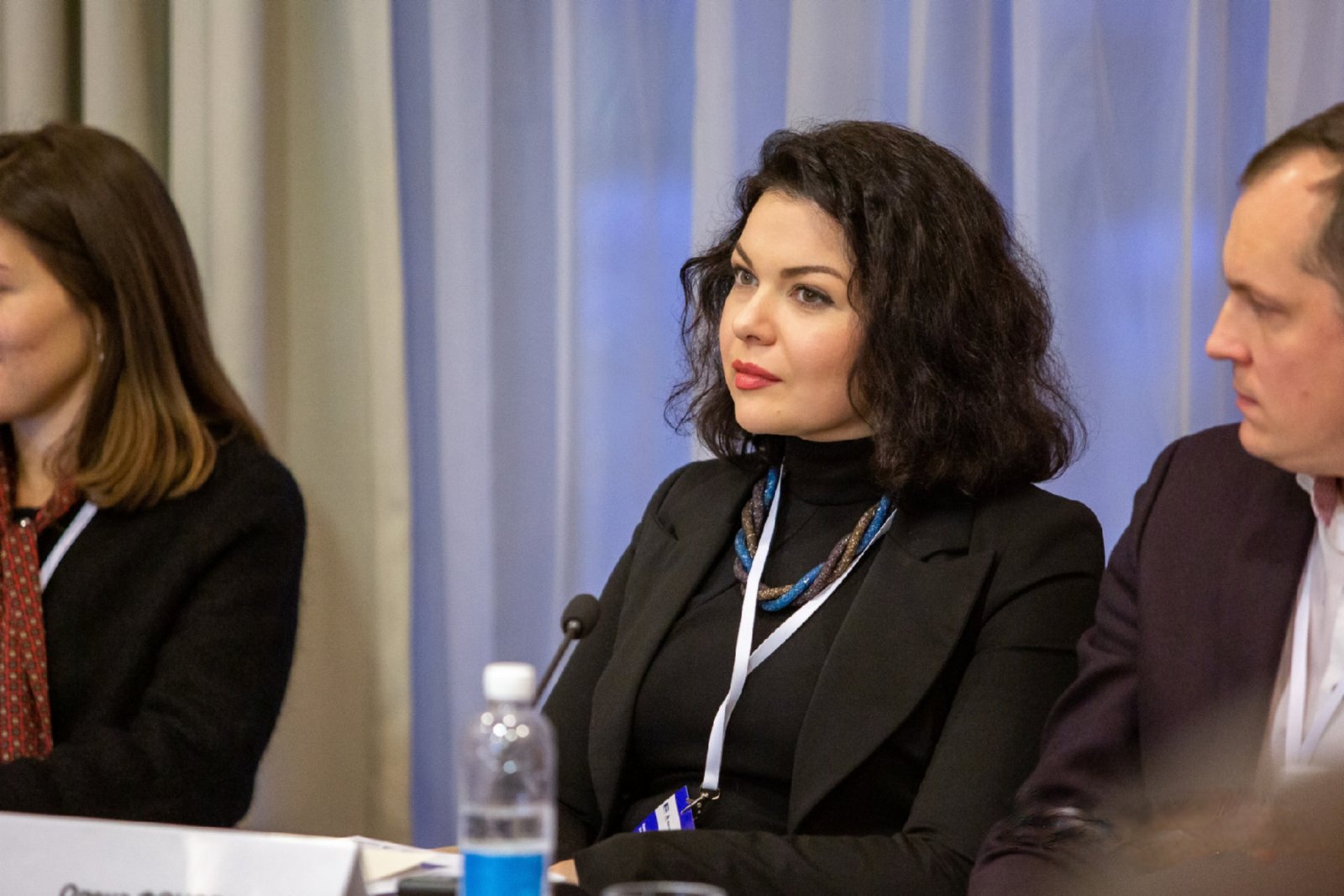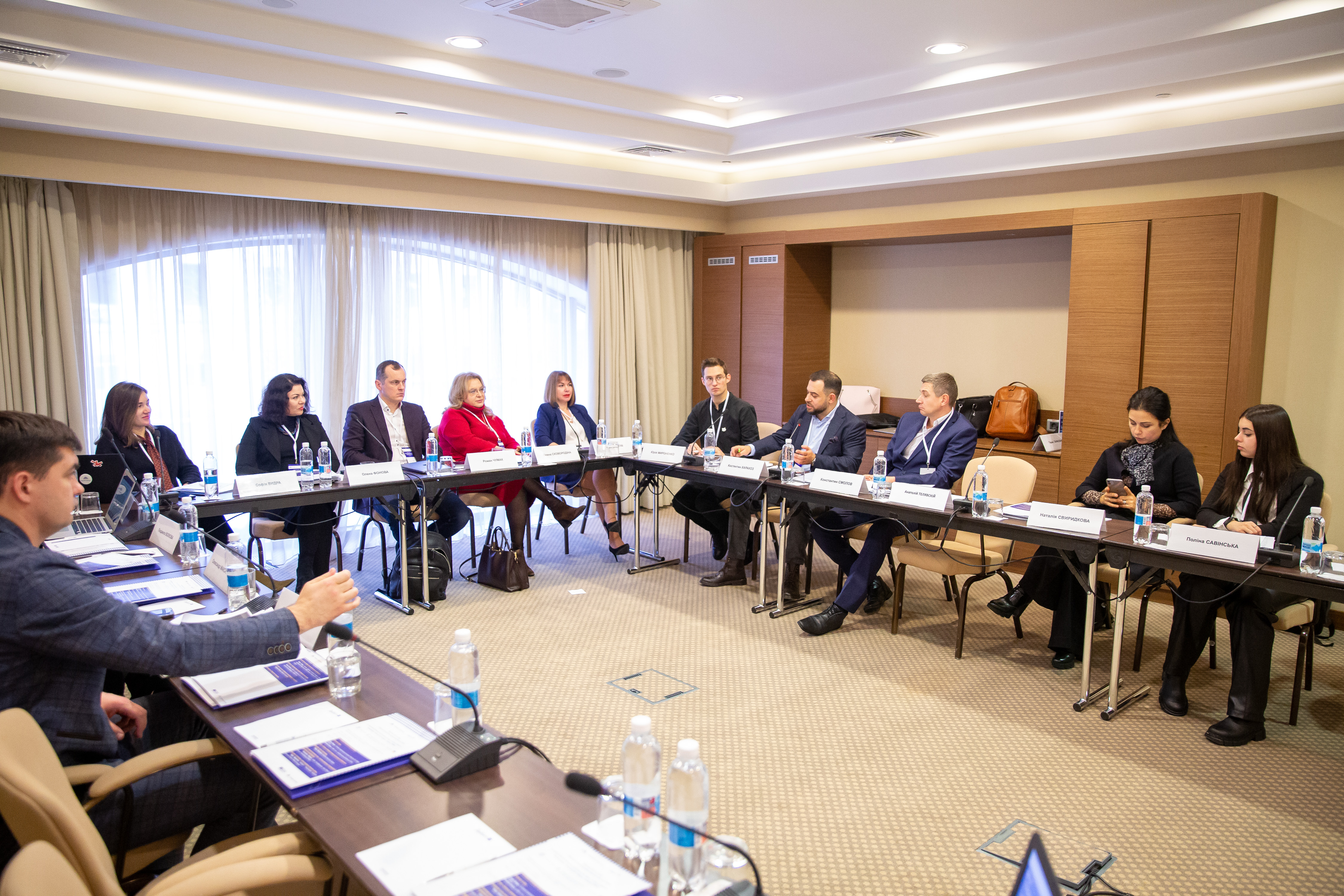Donbas RJRC Initiated a Discussion About the Gaps in Ukraine’s Existing Regulation of Volunteering
Legal aspects of volunteering during the war were discussed at the round table initiated by the Donbas Regional Justice Reform Council (RJRC) and the EU Project Pravo-Justice.
The participants included representatives of the Verkhovna Rada of Ukraine, the Office of the Prosecutor General, judges, lawyers, PEOs, volunteers, and experts of the EU Project Pravo-Justice.
The purpose of the event was to discuss and outline problematic aspects and gaps in the legal regulation of volunteering in Ukraine, while also developing recommendations on how to eliminate them.
“Legal regulation of volunteering is a very topical issue nowadays, because even though military-related volunteering is not something completely new, it is now that it has reached unprecedented scale. In the same time, it lacks a full-fledged relevant and adequate legislative regulation”, said Olena Fonova, judge of the Economic Court of Luhansk region, Coordinator of the Donbas RJRC, PhD in Law.

Many aspects of volunteering require the legislators’ attention, including:
Tax-related risks of volunteering
On November 16 this year, the Verkhovna Rada adopted two laws No. 2747 and No. 2757, which were designed to exempt volunteers from taxation of money received for the needs of the Armed Forces.
Thus, the laws canceled the provision regarding mandatory submission of a bank reference and storage of relevant details of bank accounts intended for carrying out charitable activities, and introduced the possibility of submitting documents for registration as a volunteer in both written and electronic form. Volunteers can now get registered online via Diia.
According to Law No. 2747, exemptions from taxation shall apply to charitable aid received by benefactors – natural persons who, until January 1, 2023, have been included to the Register of Volunteers for the Anti-Terrorist Operation and/or Measures Taken to Ensure National Security and Defense, Repel and Deter Armed Aggression of the Russian Federation, for the period starting from February 24, 2022 till the date of being included to the said Register.
However, taking into account that the specified laws entered into force on 11.12.2022, while the indicated provisions will apply to volunteers who have been included to the Register of Volunteers before January 1, 2023, the volunteers have as much time as until December 30, 2022 to get registered. That is, in fact, the State allowed the volunteers only 20 days to benefit from such a tax amnesty.
Many speakers agreed that there is a need for a full tax amnesty for volunteers for the year 2022 without any registers or reporting. Otherwise, many volunteers will find themselves in a situation where they will have to pay the lion's share of the money collected on the cards to the State. This includes income tax, military tax, etc. Will the State benefit from this?
Humanitarian aid
It is necessary to legally define the concept of humanitarian aid and criminal liability for its sale. There is a need to clearly define the moment when a cargo transported from abroad becomes a humanitarian cargo.
Crossing the border by male volunteers
The problem is that real volunteers need more than 20 days to get included in the Shliakh information system; thus, it often so happens that a humanitarian cargo or a cargo for the Armed Forces, which is abroad, is already sold or becomes obsolete one month after the request. At the same time, Telegram channels are full of offers to facilitate one’s going abroad as a volunteer with the inclusion to the Shliakh system in 4-5 days. Therefore, in order to properly organize and make operational such a mechanism for going abroad, it is necessary to shorten the terms of entering information into the Shliakh system and make the entire process of allowing male volunteers crossing the border more transparent.

The discussion was professional, sincere and a bit emotional, because volunteers are not just about statistics and numbers – they are people, their overwhelming efforts, dedication to what they do, and unprecedented help to the State and our Armed Forces.
Following the results of the round table, some relevant recommendations for the volunteer community and proposals for improving regulation of various aspects of volunteering will be prepared and published.